Detecting Dementia With the Mini-Mental State Examination in Highly Educated Individuals
Sid E. O’Bryant, PhD; Joy D. Humphreys, MA; Glenn E. Smith, PhD; Robert J. Ivnik, PhD; Neill R. Graff-Radford, MD; Ronald C. Petersen, MD, PhD; John A. Lucas, PhD
Arch Neurol. 2008;65(7):963-967.
Objective To evaluate the utility of Mini-Mental State Examination (MMSE) scores in detecting cognitive dysfunction in a sample of highly educated individuals.
Design Archival data were reviewed on 4248 participants enrolled in the Mayo Clinic Alzheimer Disease Research Center and Alzheimer Disease Patient Registry.
Patients A total of 1141 primarily white (93%) individuals with 16 or more years of self-reported education were identified. These included 307 (164 men and 143 women) patients with dementia (any type), 176 (106 men and 70 women) patients with mild cognitive impairment, and 658 (242 men and 416 women) control participants without dementia.
Setting Mayo Clinic Alzheimer Disease Research Center and Alzheimer Disease Patient Registry cohort.
Main Outcome Measures Diagnostic accuracy estimates (sensitivity, specificity, and positive and negative predictive power) of MMSE cut scores in detecting cognitive dysfunction.
Results In this sample of highly educated, largely white older adults, the standard MMSE cut score of 24 (23 or below) yielded a sensitivity of 0.66, a specificity of 0.99, and an overall correct classification rate of 89% in detecting dementia. A cut score of up to 27 (26 or below) resulted in an optimal balance of sensitivity and specificity (0.89 and 0.91, respectively) with an overall correct classification rate of 90%. In a cognitively impaired group (dementia and mild cognitive impairment), a cut score of 27 (sensitivity, 0.69; specificity, 0.91) or 28 (sensitivity and specificity, 0.78) might be more appropriate.
Conclusion Older patients with a college education who present with complaints of cognitive decline (reported by themselves or others) and score less than 27 on the MMSE are at a greater risk of being diagnosed with dementia and should be referred for a comprehensive dementia evaluation, including formal neuropsychological testing.
Author Affiliations: Department of Neuropsychiatry and Behavioral Science, Texas Tech University Health Science Center (Dr O’Bryant), and Department of Psychology, Texas Tech University (Ms Humphreys), Lubbock, Texas; Departments of Psychiatry and Psychology (Drs Smith and Ivnik) and Neurology (Dr Petersen), Mayo Clinic College of Medicine, Rochester, Minnesota; and the Departments of Neurology (Dr Graff-Radford) and Psychiatry and Psychology (Dr Lucas), Mayo Clinic College of Medicine, Jacksonville, Florida.
Subscribe to:
Post Comments (Atom)














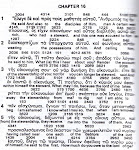

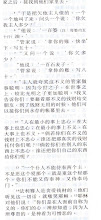






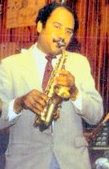







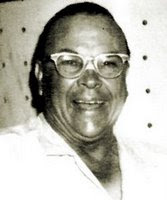























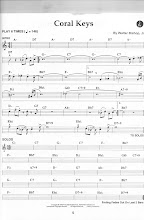

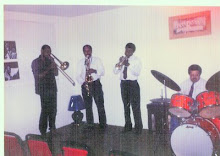






No comments:
Post a Comment